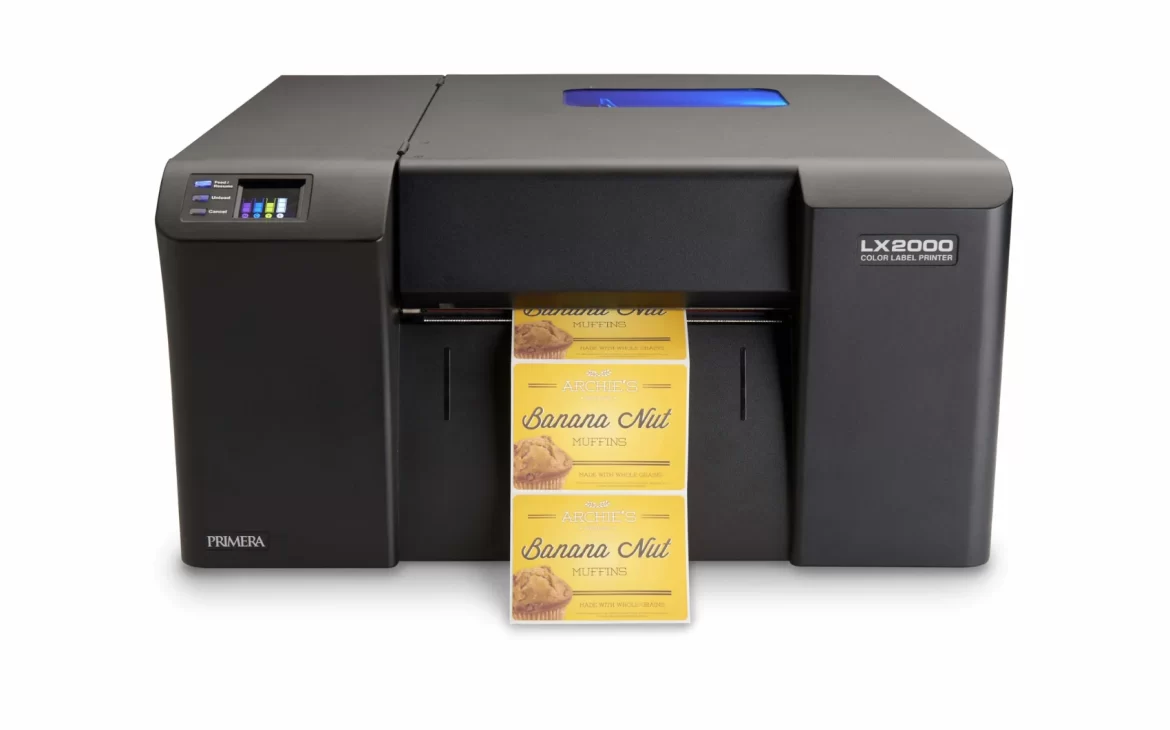Introduction
In the dynamic landscape of printing technology, color thermal printers have emerged as revolutionary tools, seamlessly blending innovation with efficiency. Leveraging thermal printing technology, these printers have transformed the production of vibrant, high-quality color prints, setting new standards for speed and precision. In this comprehensive guide, we will delve into the intricate workings of color thermal printers, exploring their advantages, applications, and key features that make them indispensable assets across various industries.
Understanding Color Thermal Printing Technology
Color thermal printers utilize a unique printing process known as dye-sublimation or thermal transfer to produce vivid, full-color prints. Unlike traditional inkjet or laser printers, which rely on liquid ink or toner powder, color thermal printers use specialized ribbons containing solid color dyes. The controlled application of heat transfers these dyes onto the printing media, resulting in sharp, durable, and photo-realistic prints.
Key Components of Color Thermal Printers
- Print Head: The crucial component generating heat to initiate the transfer of color dyes from the ribbon to the printing media.
- Color Ribbon: An essential consumable containing individual panels of color dyes (cyan, magenta, yellow, and black) for precise color reproduction.
- Printing Media: Versatile and compatible with various materials, including photo paper, labels, and cards, depending on the application.
Advantages of Color Thermal Printers
- Print Quality: Exceptional quality with vibrant, detailed prints suitable for diverse applications.
- Speed and Efficiency: Rapid drying and reduced overall printing process duration make them ideal for high-volume environments.
- Durability: Prints resist fading, water damage, and environmental factors, ensuring long-lasting quality.
Applications of Color Thermal Printers
- Photography and Imaging: Widely used for high-quality photo prints with accurate color reproduction.
- ID Card Printing: Employed for producing durable and visually appealing identification cards.
- Labels and Barcodes: Ideal for high-resolution, color-coded labels enhancing product visibility and efficient inventory management.
- Event Ticketing: Quick and visually appealing ticket production for various events.
- Medical Imaging: Crucial for producing high-resolution prints of medical images for diagnostic purposes.
Key Features to Consider
- Resolution: Higher resolution for sharper and more detailed images, catering to applications demanding precision.
- Connectivity Options: USB, Ethernet, and wireless options providing flexibility in integrating the printer into diverse environments.
- Size and Portability: Consideration of size and portability based on intended application, whether for on-the-go printing or high-volume fixed locations.
- Media Compatibility: Support for various printing media, ensuring compatibility with specific application requirements.
- Cost of Consumables: Understanding the ongoing costs associated with consumables such as color ribbons and printing media.
Choosing the Right Color Thermal Printer
Selecting the appropriate color thermal printer involves a thoughtful consideration of factors like intended use, print volume, and budget constraints.
- Identify Your Printing Needs: Clearly define the purpose of the printer, whether for photo printing, ID card production, or label printing.
- Consider Print Volume: Evaluate expected print volume to determine the suitability of compact, entry-level printers versus more robust, high-volume models.
- Review Print Quality: Assess resolution and color capabilities to ensure alignment with quality standards, especially for applications like photography and graphic design.
- Examine Connectivity Options: Choose a printer with connectivity options that align with your workflow, considering USB, Ethernet, and wireless connectivity.
- Budget Considerations: Factor in both the initial cost of the printer and ongoing expenses related to consumables, ensuring alignment with budget constraints.
Conclusion
Color thermal printers have ushered in a new era of printing, delivering vibrant, high-quality prints across diverse applications. Whether you are a photographer showcasing your work, a business requiring efficient label printing, or a healthcare provider in need of precise medical imaging prints, color thermal printers offer versatile solutions.
By comprehending the technology, exploring advantages, applications, and key features, you can make informed decisions when selecting the right color thermal printer for your needs. Embrace the world of vivid and efficient printing with color thermal printers, where innovation converges with impeccable quality.

